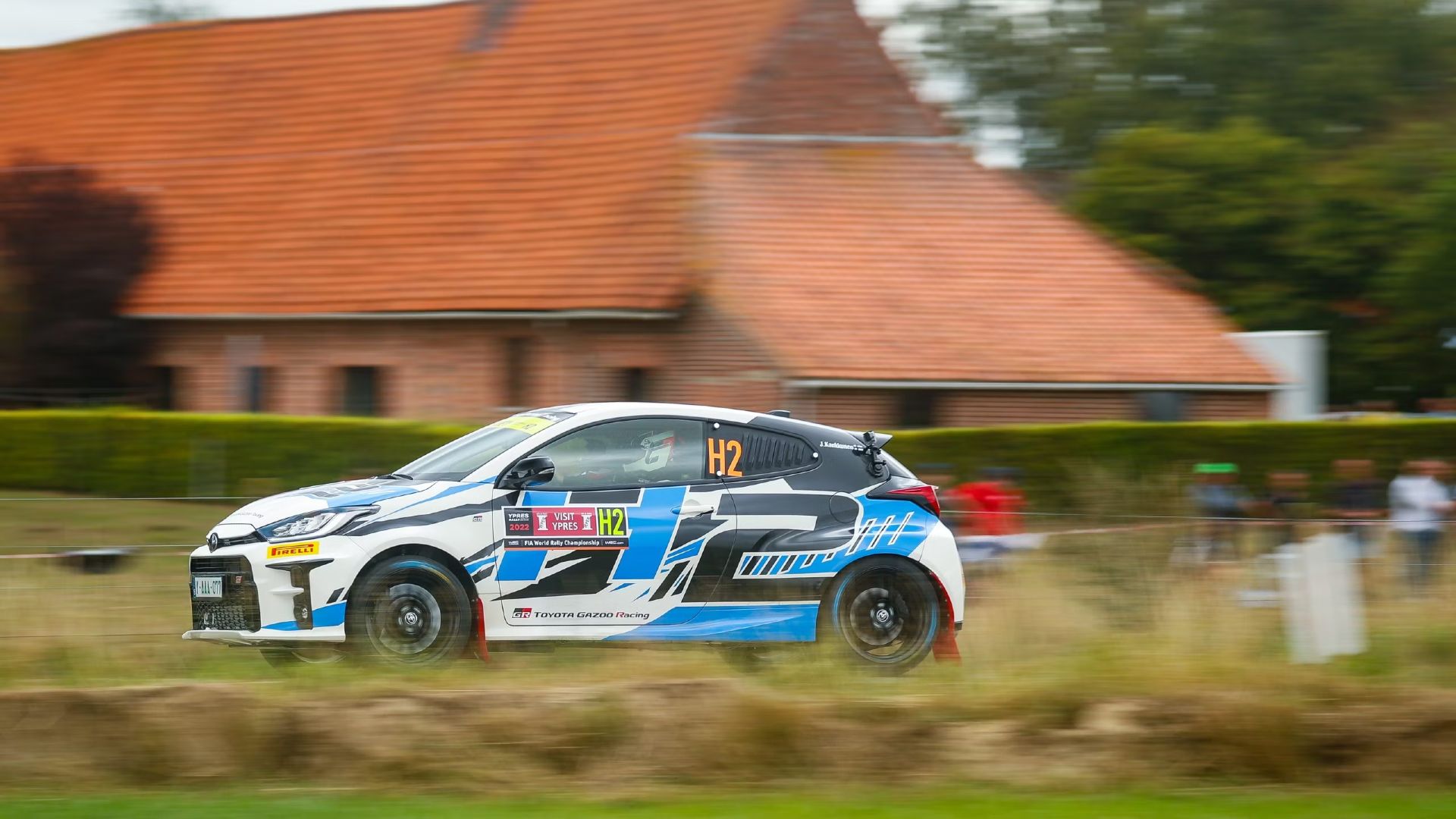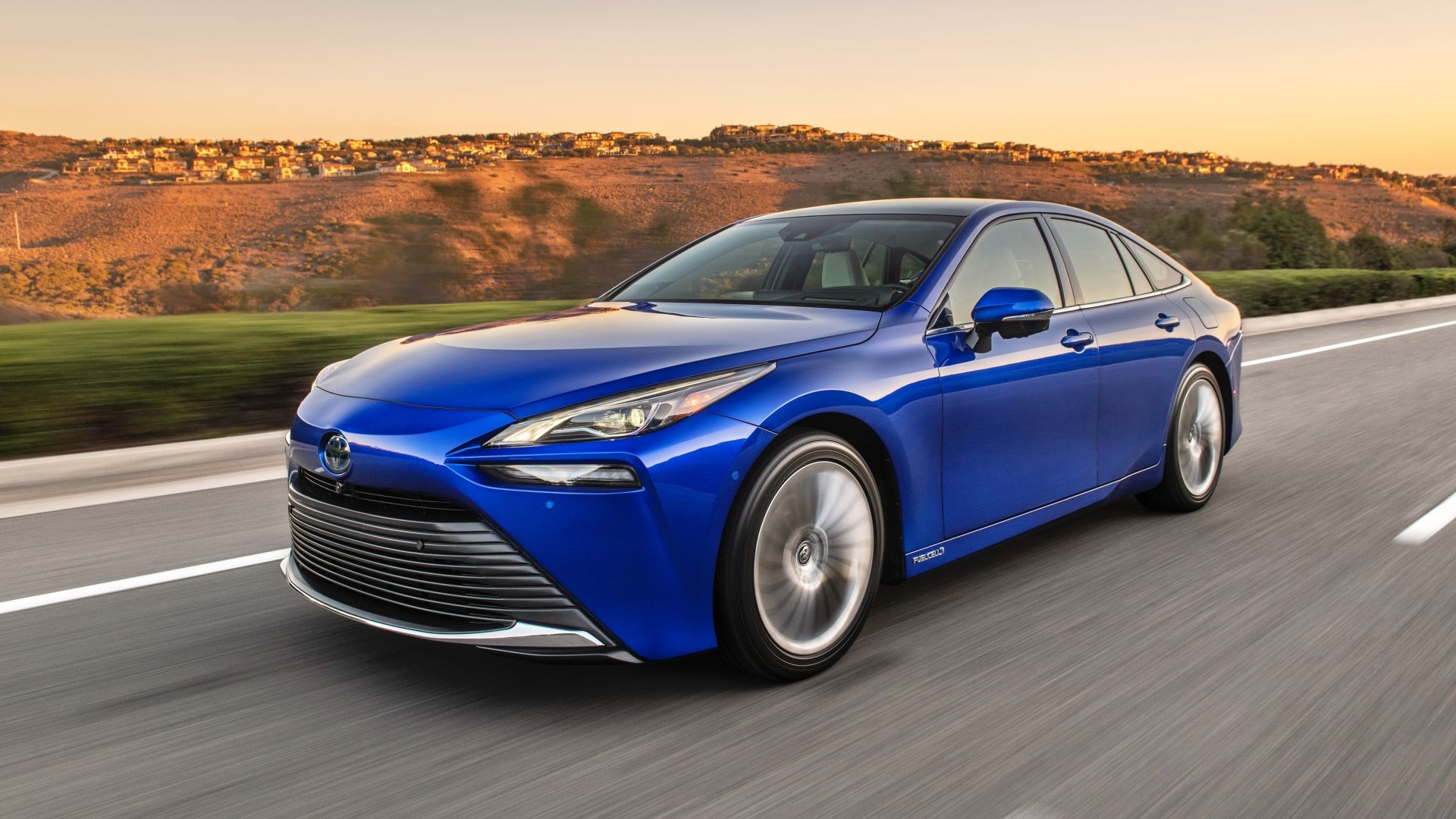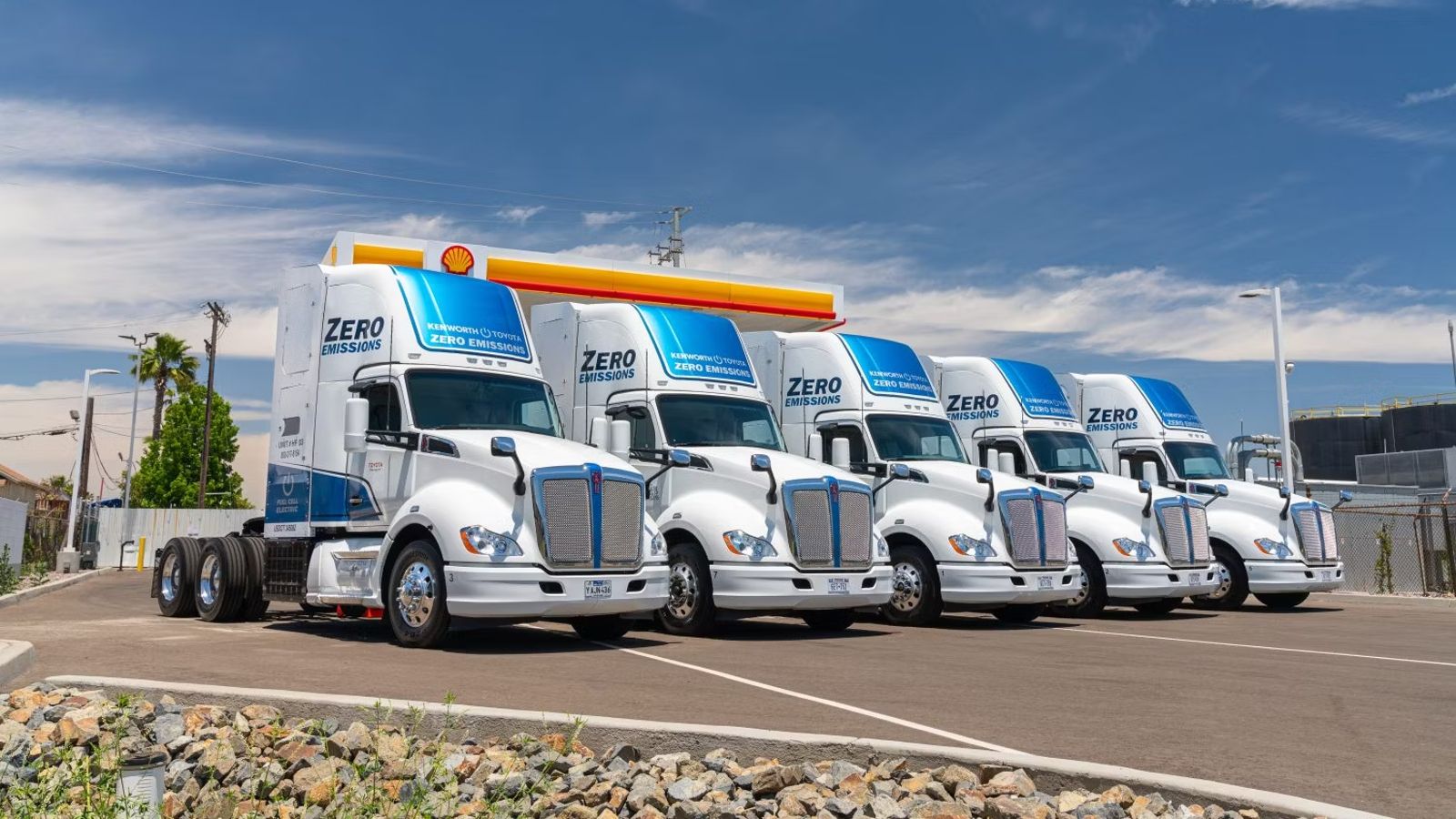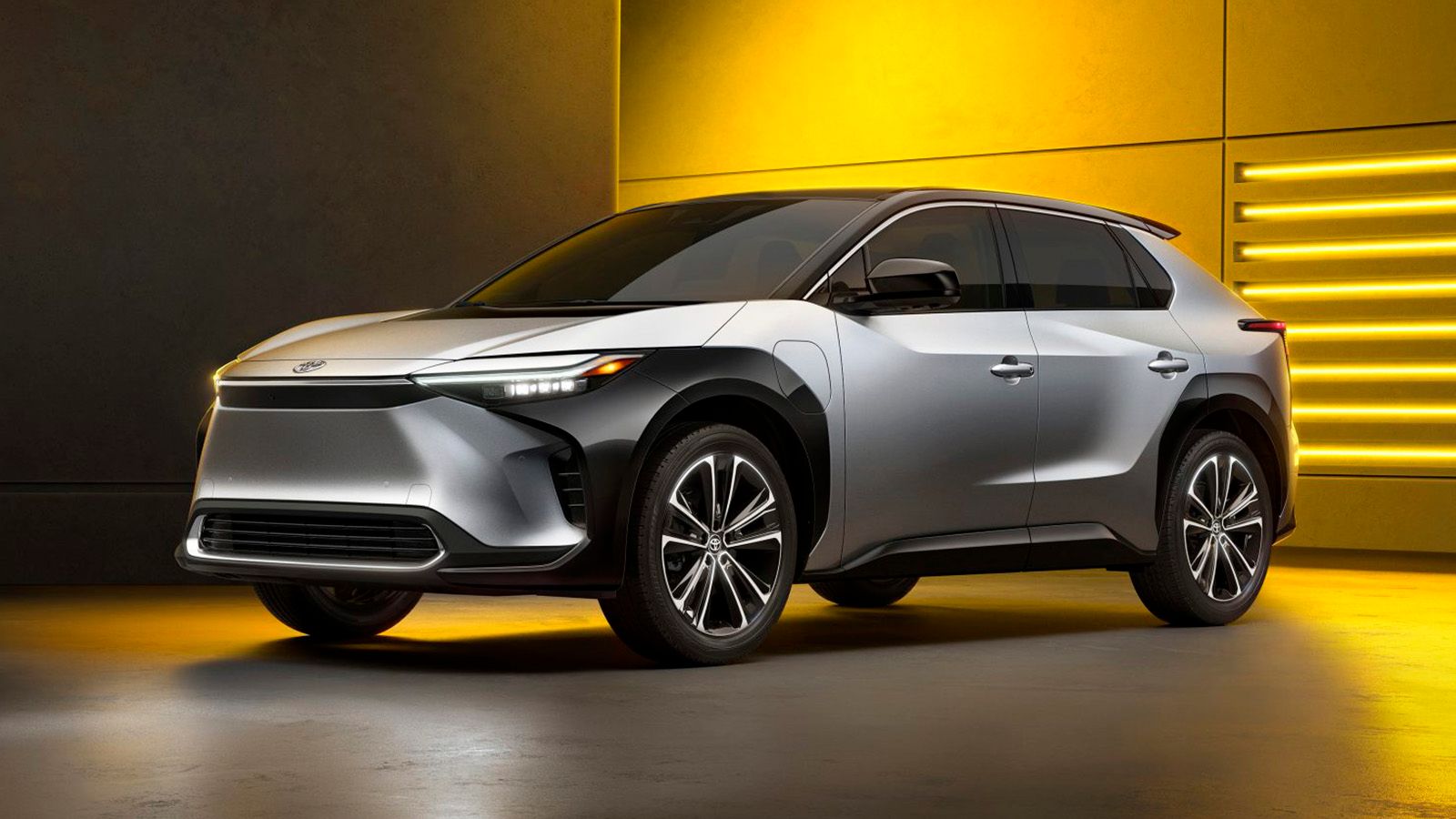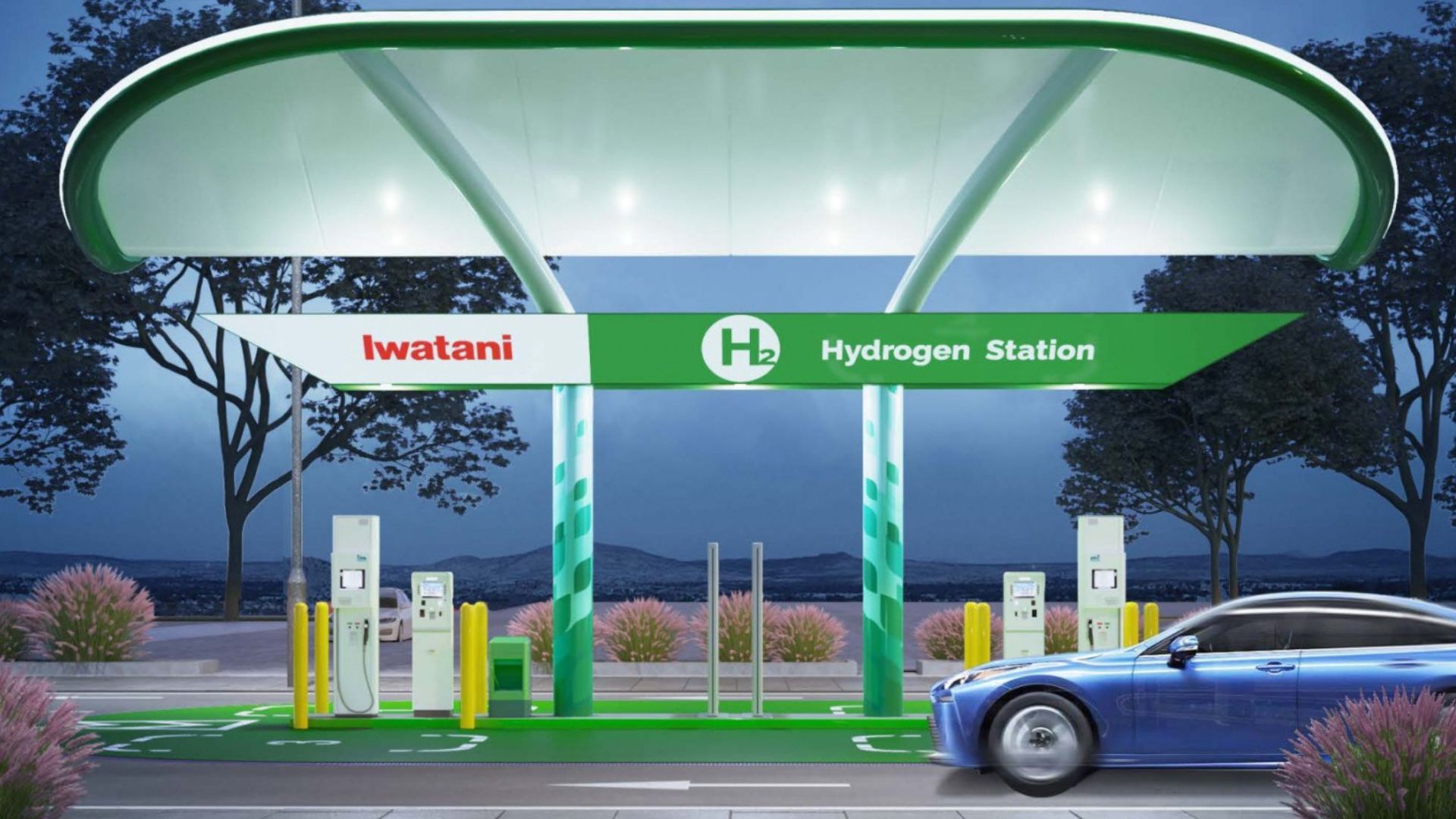People who remember the 1970s, when cars had vinyl roofs instead of horsepower, will be familiar with the oft-mentioned “California Emissions Package” which (depending on where one lived) was either a selling point or a threat. Today, one can purchase an entire California-specific powertrain: a hydrogen-powered car. (You can’t sell hydrogen cars where there’s nowhere to refuel them.) While there are hydrogen fueling stations in a few Japanese cities (and exactly one in Canada, in the city of Montreal), the market for hydrogen cars is nevertheless very limited. Toyota's actions show that the company is convinced that hydrogen will power the cars of the future, which will either prove prescient or end up as an interesting footnote in the history of discontinued cars.
Toyota Truly Believes In Hydrogen
It’s nothing short of stunning that Toyota and a few other companies are producing cars that can only be sold in a small handful of cities. Furthermore, Toyota put a lot of effort into making its Mirai, the de-facto flagship of hydrogen cars, into a stunning vehicle instead of a punitive econo-box that comes with an apologetic muttering that “it gets good fuel economy.” One might say it’s a wise use of the company’s reliably massive profits to invest in the development and production of cars that, given the high MSRP for a new Mirai, one describes as “only available in a few select cities” instead of "only sold in a small territory." If hydrogen takes off, Toyota will already have the research and development, factory tooling, and an established reputation for its hydrogen cars. If, on the other hand, hydrogen sputters out like 3D televisions, Toyota still has an ample cushion of profit from the rest of its vehicles.
While it may seem folly to sell cars that one can’t drive out of the few places one can refuel them, Toyota’s choice to sell hydrogen cars gives it an early foothold in the hydrogen market just as it comes into existence. Many people will remember the initial skepticism that met the first Prius, which at first was regarded as too weird under the hood to trust. However, a quick glance over any parking lot will show that Toyota’s hybrid cars soon became so normal that today they are boring. While Toyota may not have invented hybrid cars, they certainly were the first to sell hybrids with mass-market success. Toyota may manage to do the same with hydrogen-powered cars, turning them from exotic Los Angeles curiosities to unremarkable sights on the road.
Hydrogen Would Require A Whole New Fuel Industry
Toyota has so much faith in hydrogen that it is introducing a hydrogen-powered version of the Crown, developing a hydrogen combustion engine, and pushing hydrogen for the trucking industry. However, hydrogen is a much bigger gamble than hybrids. To put it bluntly, no one had to wait for someone to build a Prius charging station in their hometown. The nonexistent infrastructure makes hydrogen-powered cars easier to find at car shows than on public roads. This is why battery-electric cars have already found success. Even if there are no fast-charging stations in an area, one can charge an electric car using any ordinary household power socket if one doesn’t mind a longer wait time.
Investing in hydrogen cars is almost as daring a move as selling electric appliances was in the 1890s when home electricity was still erratic (and, in many places, turned off when the city trolleys stopped for the night). Toyota is essentially betting on infrastructure that does not exist yet. It’s not a simple matter of building hydrogen stations in every town so that someone can drive a Mirai from Seattle to Chicago. The hydrogen to dispense at said fuel stations has to come from somewhere, and at present the industry cannot produce enough of it to power a hypothetical traffic jam powered by hydrogen fuel cells. With its continued investment in hydrogen cars, Toyota is producing vehicles in the hope that the global fuel infrastructure catches up with its product line.
Battery-Electric Cars Have An Impending Lithium Problem
While battery-electric cars have been explosively successful in recent years, they still represent a small portion of vehicles on the road today. And even with relatively few of them out there, the threat of a rare-earth metal shortage hangs over every EV production line. The world is running out of mountains to blast open for the lithium contained within. While other battery technologies show promise, so far lithium-ion batteries are the only viable choice for electric cars. Every company in the electric car industry, whether they admit it or not, is gambling on battery technologies that don’t exist, rare-earth quarries that haven’t yet been dug into, and battery-recycling programs that, while active, aren’t ready to process and recover metals from all the dead batteries that would pile up in a post-engine future. In that sense, Toyota perhaps has been wise in its commitment to hydrogen cars, whether they use fuel cells or burn them instead of gasoline in a V-8. (It bears mentioning that Toyota is not the only company experimenting with hydrogen engines. Ford has also been developing them.)
Hydrogen May Be The Future, Or It May Be A False Hope
As the end of the gasoline era is steadily coming closer, no single fuel has emerged as the perfect choice to replace every ICE car on the road. Other allegedly sustainable fuel systems have tried and failed to replace petrochemicals in cars, such as the diesel-to-vegetable oil conversion kits that debuted with a big PR splash and then quietly failed to make every lifted truck with a souped-up Cummins smell like French fries were coming out of the tailpipe. At present, no one has announced plans to build hydrogen stations in every city and one-stoplight town in America- and hydrogen can't take off unless that happens. However, in these excitingly uncertain times for the auto industry, anything is possible with enough research and a good enough marketing campaign.

